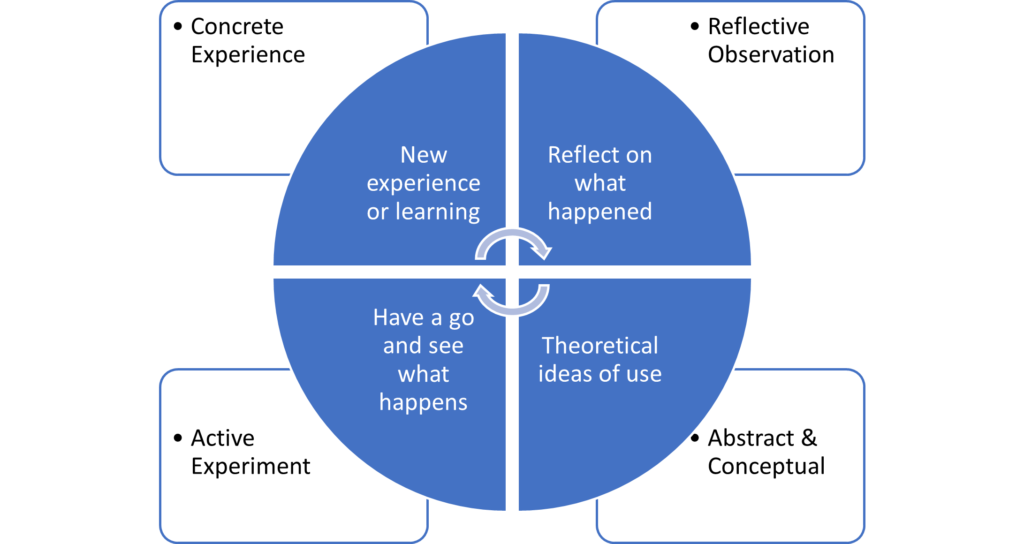What makes a great executive coach?

Over the years, I’ve become interested in that one question that vexes executive coaches and potential clients alike.
“What makes a genuinely great executive coach”?
As a practitioner myself, I’m always working on my skills, developing my approach, and learning new ways of bringing clarity to a situation.
I’m constantly fascinated by how to get better, and one way is to look at how elite practitioners have risen to the profession’s pinnacle.
The industry is awash with books, seminars, and videos about coaching, with authors proclaiming to have keys to the gates of Nirvana.
“In 10 easy to follow steps, you can become an elite executive coach, with a black book of clients, such as the president of the USA and CEO of Apple.”
OK, maybe I’ve laboured the point, but you get my drift!
There are no quick fix books to read on becoming a great executive coach in the same way there are no magic pills that will make me lose weight, look younger and be more handsome.
So, how do you become a great coach?
To use a cliché or two, it is a process rather than a destination. Imagine all those elite athletes at the Tokyo Olympic Games. These are people who have spent years committed to their sport. They have practised for hours each day honing their skills, making small changes and reviewing what those changes meant for their performance. These are the habits of the very best executive coaches.
They practice their skills, learn new approaches and make adaptations. They try things out and review their progress. The best coaches are enquiring, collecting new material about their subject like a Henry vacuum cleaner sucks up dust; constantly, efficiently, and simply.
If I were to use a model to describe an executive coach’s learning style, it would be Kolb, where the enquirer moves through four activities – not necessarily in a linear progression.
Concrete experience – the executive coach has a particular experience with a client or sees something at a conference or in a book.
Reflective Observation – there is a period of reflecting on what this new piece of information means in terms of practice.
Abstract Conceptualisation – this is where the learning is accepted as worth using.
Active Experimentation – the executive coach tries it out and then starts all over again.
Although great executive coaches are driven to explore human relationships, they are unlikely to be motivated by ego. In Buddhism, the great teachers attract listeners with their wisdom, not the most qualified or self-promoting. But they do attract a lot of clients to them.
In my experience, the best executive coaches show great humility. They use their skills, knowledge, and expertise to better their clients, and humility brings within the gift of listening.
So, the great executive coaches are not good because of some genetic mutation, some fluke of nature that made them unique. They’re great because they’re always curious and constantly on a learning journey. They also have humility in abundance. Like our elite Olympians, they are on a constant journey of self-improvement to be helpful and supportive to their clients.

Kolbs Learning Cycle
Revealing the leadership secrets for a successful business
Lessons from high performing business leaders
